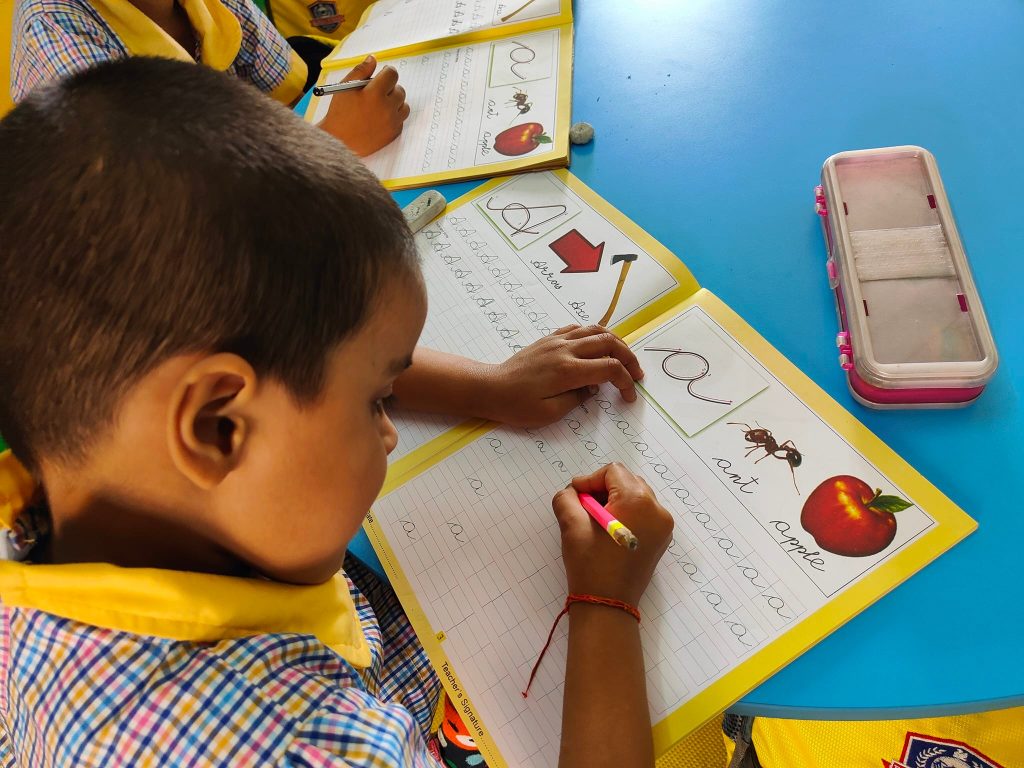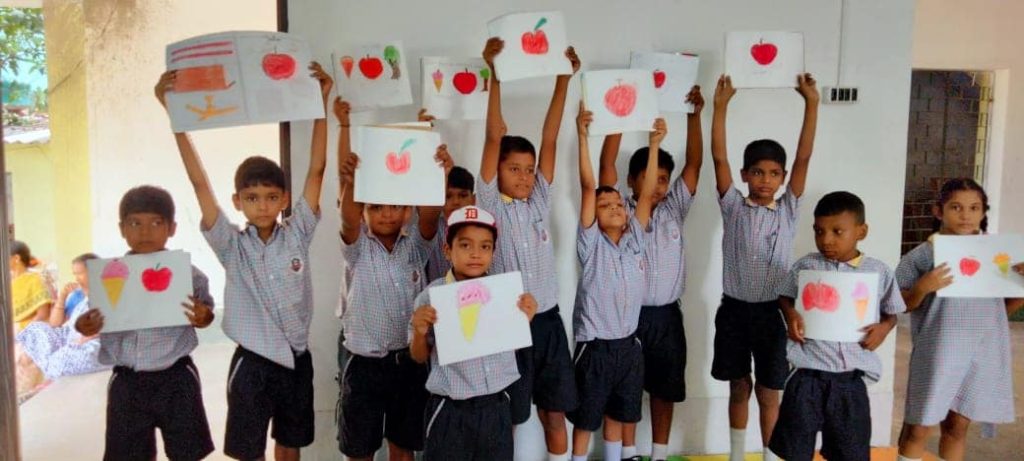CO-CURRICULAR ACTIVITIES
Overview:
Today’s world is exceptionally competitive. Making our children future ready is one of the most important duties of every education provider. Keeping in mind this aspect, the school offers a 360 degree structure which successfully runs beyond the academic curriculum. The school recognizes the potential of the students in various other fields and helps in developing each quality in the best possible manner.
VEDIC MATHS
Vedic Mathematics is the name given to the ancient system of Indian Mathematics which was rediscovered from the Vedas between 1911 and 1918 by Sri Bharati Krsna Tirthaji (1884-1960). According to his research all of mathematics is based on sixteen Sutras, or word-formulae. For example, 'Vertically and Crosswise` is one of these Sutras. These formulae describe the way the mind naturally works and are therefore a great help in directing the student to the appropriate method of solution.
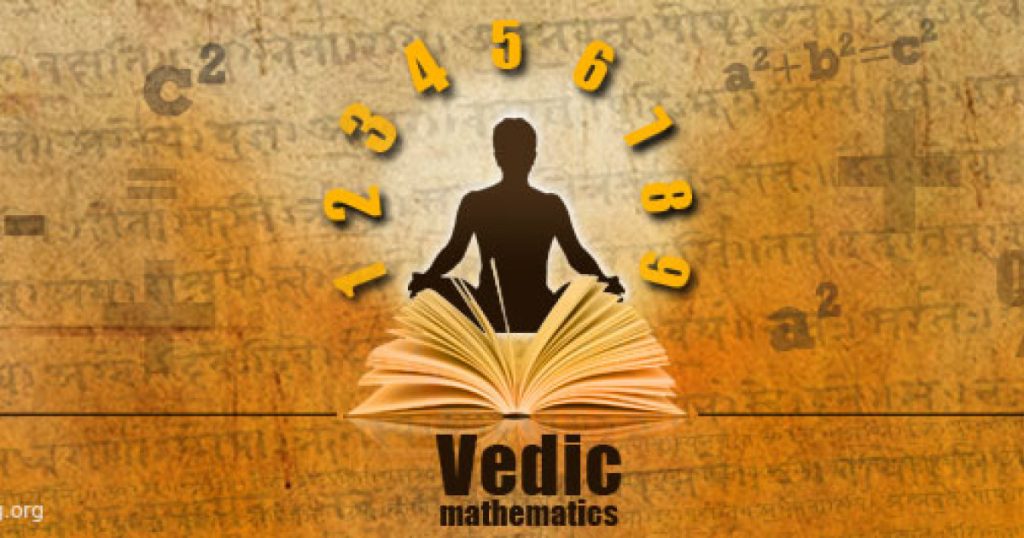
KARATE
Karate is a Japanese martial art whose physical aspects seek the development of defensive and counterattacking body movements. The themes of traditional karate training are fighting and self-defense, though its mental and moral aspects target the overall improvement of the individual. This is facilitated by the discipline and persistent effort required in training. If karate had to be described in only one sentence, then the most suitable one may arguably be "You never attack first in karate." This is a a maxim of Gichin Funakoshi (1868-1957), the Okinawan who brought karate to Japan in 1922, and who is accepted as the father of modern karate.
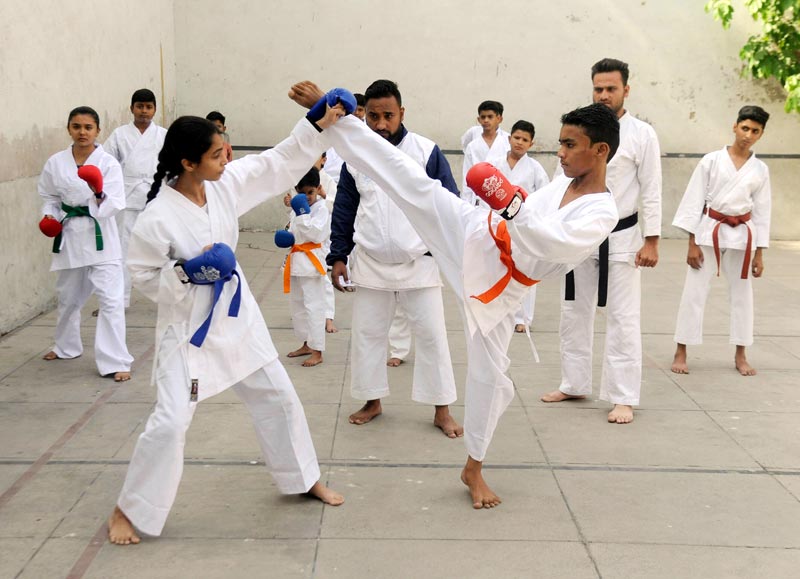
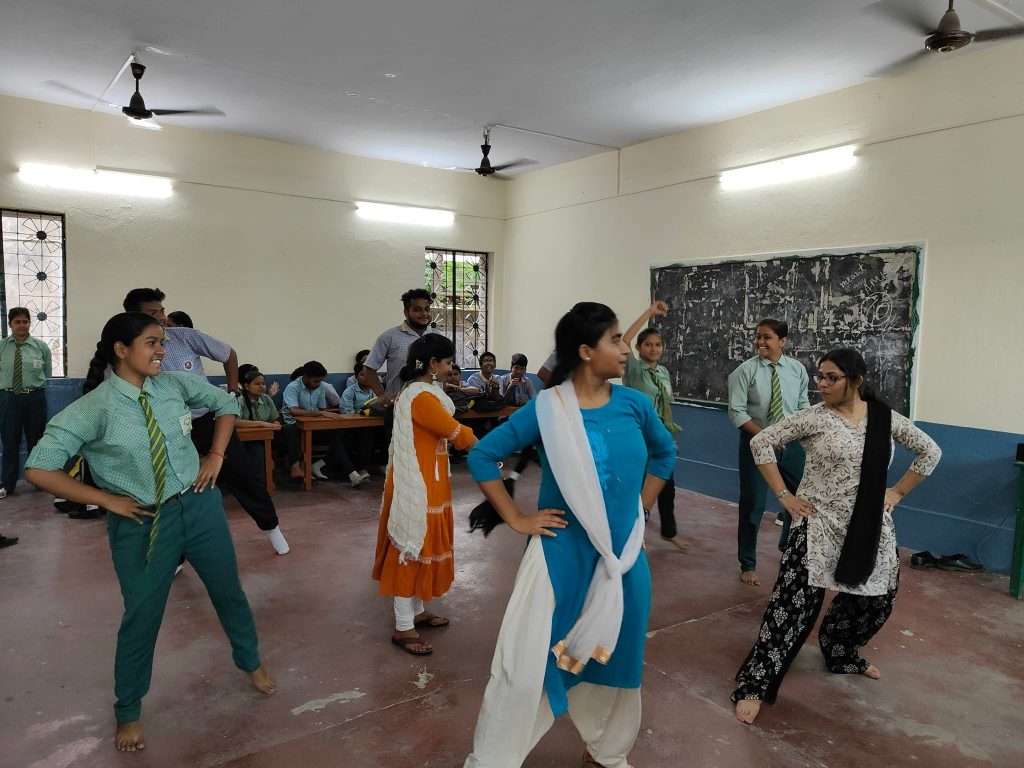
DANCE
When a child dances, they learn about how their body can move. They experiment with travelling motions such as walking, sliding and jumping, as well as other movements like twisting, bobbing and bending. Dancing uses different muscles than simply standing and walking around does, which strengthens them. Through dance, children learn to coordinate and control their bodies and the movement helps them develop spatial awareness.
MUSIC
Singing is one-way children can understand language and sound. Through singing, they will improve their vocabulary and communication skills. Rhyming in songs provides exercise for the brain and develops valuable memory skills. We all learned our ABCs through a song! Singing also improves lung function and increases blood flow.


SPORTS
Playing sports can help children develop healthy bones, stronger cardiovascular systems and powerful lungs, according to Sport and Development.org. Child athletes also develop motor skills and cognitive skills. Being physically active as a child makes it more likely to continue playing sports as an adult, promoting lifelong health, according to the United Nations. Among women, sports can help prevent osteoporosis and hip fractures. Older citizens who play sports have opportunities to keep their bodies moving, feel independent and socialize with others in a healthy way.
HANDWRITING
Contrary to the view that handwriting is a trivial skill, handwriting actually is important for a number of reasons. One involves the concept of mental resources to which I have alluded in several other columns, in relation to reading and mathematics as well as writing. Just as effortful word decoding may impair reading comprehension, or lack of automatic recall may reduce the mental resources available for learning advanced computational algorithms in math, laboured handwriting creates a drain on mental resources needed for higher-level aspects of writing, such as attention to content, elaboration of details, and organization of ideas.
